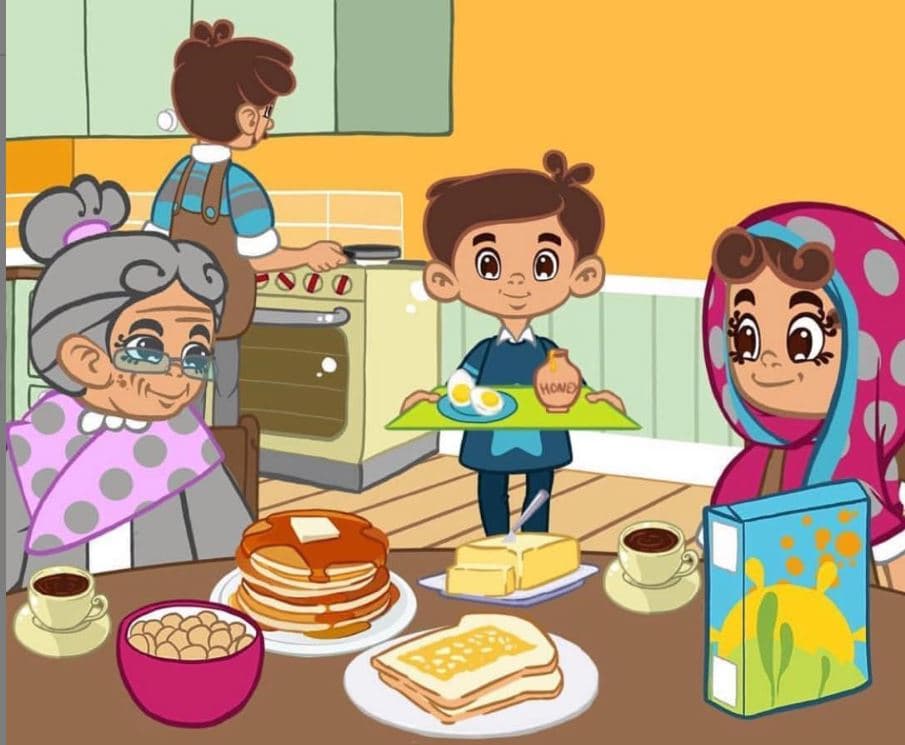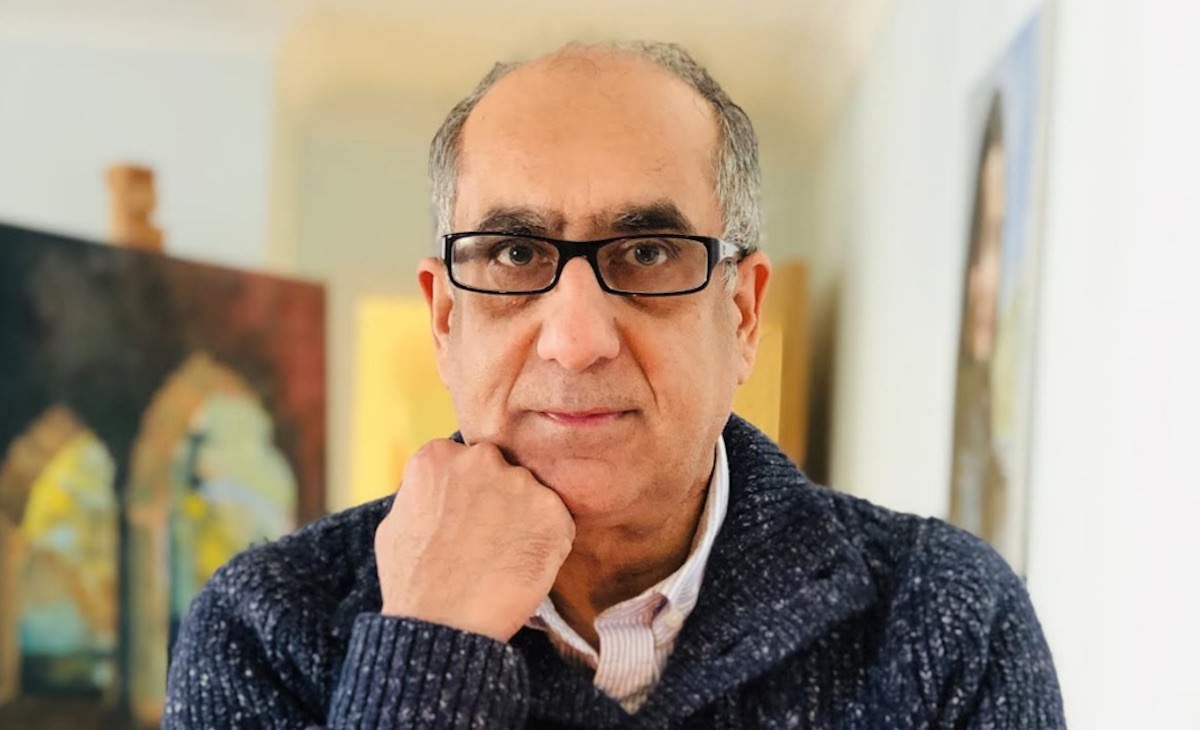Advocacy
Zayn and Zayna’s Little Farm – moving beyond tokenism in children’s programming

Freya Lucas
Jun 11, 2020
Save
As much of the world grapples to support children to understand concepts like systemic racism, the roots of prejudice, and other high-level concepts, a groundswell of change is happening in children’s programming.
From the 80s and 90s, where advertisers first made moves to include children from a diverse range of backgrounds, to more recent efforts to include children with differing abilities, meaningful representation is becoming a more conscious decision in the minds of those who create and produce media.The danger in this space is that media creators move to be inclusive in their practices for the sake of “ticking a box”. To explore this conundrum of how to be inclusive without veering into tokenism we spoke with Wa’qaar A Mirza, Co-Founder and Global CEO of Safi Ideas, the production company behind children’s animation Zayn & Zayna’s Little Farm.

Wa’qaar A Mirza, Co-Founder and Global CEO of Safi Ideas
While there is a huge range of preschool children’s television available, Mr Mirza said, diversity is often a carefully crafted illusion, designed to mimic inclusivity, rather than embrace it.“Characters,” he said, “are portrayed with different personalities, looks, jobs and responsibilities,” and while this is engaging for children “it fools us into thinking we are being diverse, but it doesn’t fool the children, and we need to ‘get real’ when it comes to true diversity.”
From the Latino family who are devout Catholics with a reverence for Abuelita (Grandmother) to the Asian family where parents are strict and rice is served with every meal, while producers hint at diversity, there is much more that can be done, Mr Mirza said.
“Children need to be given the opportunity to watch and identify with a truly diverse cast of characters,” he added. More importantly, these representations need to have diverse characteristics.
“We have gone beyond the need for equal casting on male/female hero characters. Non-white characters should occupy leading roles too, and not be limited to the role of sidekicks.”Often, media creators will attempt to work around this delicate balance for younger children with the use of animals or puppets, helping children to address difference in a non-confrontational way. This theory, Mr Mirza believes, “puts a wall up” making it confusing for children to learn about the diversity they see all around them.
“At Safi Productions, it’s obvious to us that broadcasters, rather than being unwilling, are simply wary of representation,” he said, noting that the fear of ‘getting it wrong’ leads to many simply opting to create content utilising non-human characters to represent ‘diversity and inclusion’.
Rather than being respectful, this wall of non human characters “makes a mockery of diversity,” Mr Mirza said.
“We know this from the content we see and the challenging conversations we’ve had with networks,” he added. “We believe it’s vital that all children, from as early an age as possible, are exposed to multiple cultures, see a mix of people, and also see themselves represented positively.”
“Using human characters makes the content relatable, but it does not need to be any less interesting” he emphasised, saying that carefully crafted content for children will help them to “see themselves and the people around them in a way that embraces diversity and prompts questions they can discuss with their parents”.
“We are a function of our upbringing, and experiencing a wide range of diversity from a young age so that we learn to be empathetic, sensitive and ultimately enriched by having a wide ranging group of friends around us, is a key part of growing up and being a positive force in society,” Mr Mirza said.This vision was the driver behind the creation of Zayn and Zayna’s Little Farm, an animated English language show and book series aimed at preschool children, which incorporates some Arabic language learning too.
Each adventure follows brother and sister Zayn and Zayna on their British family farm and introduces all children to mindfulness, sustainability and diversity. Zayn and Zayna have a variety of adventures, with an underlying aim of creating teachable moments relating to kindness, creativity, family, and community.
While Zayn and Zayna are Arabic, and live with their Baba (Father), Mama and Nanee (Grandmother), the emphasis is not on their Arabic language and tradition, but rather their playtime, learning, explorations of nature, and desire to help their family.
It is this difference, Mr Mirza said, that moves the programming from tokenism to inclusivity. Zayn and Zayna are not Arabic children teaching lessons in Arabic in a real life setting - they are children who happen to be Arabic, teaching lessons about kindness and sustainability.
Through presenting shows like Zayn and Zayna’s Little Farm, Mr Mirza, who worked on this production with producer Henry Becket and a larger team of 34 culturally diverse creatives, hopes to be a voice of change and disruption in the children’s television space, perhaps changing attitudes of society at large in the process.
Educators, families and others interested can visit Zayn and Zayna on their website, here.
Don’t miss a thing
Related Articles



















